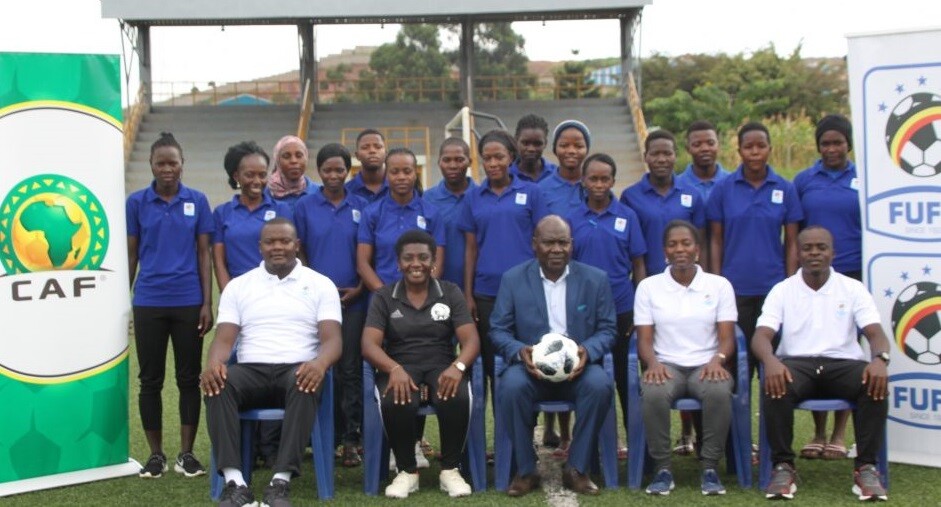In the world of football, coaching plays a crucial role in shaping the success and development of players and teams. In Uganda, where the beautiful game holds a special place in the hearts of many, the evolution of coaching has been a transformative journey. As coaches strive to enhance their skills and tactics, they increasingly turn to resources like https://bettinguganda.ug/ to stay updated and informed. This article explores the fascinating evolution of coaching in Ugandan football and its impact on the nation’s sporting landscape.
Foundations of Coaching in Uganda
Football coaching in Uganda has a rich history dating back to the early days of the sport’s introduction in the country. In the early 1900s, football began to gain popularity in Uganda, primarily through schools and missionary activities. Coaches at that time were often volunteers or teachers passionate about the game.
Over the years, football coaching in Uganda evolved from a volunteer-driven endeavor into a more structured profession. The formation of the Uganda Coaches Association and the establishment of coaching education programs marked significant milestones in the development of coaching in the country.
The Transition to Professionalism
In the late 20th century, as football in Uganda began transitioning to a more professional and competitive landscape, coaching took on greater importance. Clubs and national teams recognized the need for qualified and experienced coaches who could develop players and improve team performance.
International exposure also played a crucial role in the evolution of coaching. Ugandan coaches had the opportunity to learn from their counterparts in more established football nations, attending coaching courses and workshops to enhance their knowledge and skills.
Modern Coaching Methods and Technology
In recent years, coaching in Ugandan football has witnessed a significant shift towards modern coaching methods and technology. Coaches now have access to a wealth of resources, including video analysis, performance tracking, and sports science.
Coaches use video analysis to evaluate matches, opponents, and players. This technology allows coaches to provide precise feedback to players and make data-driven decisions to improve team strategies.
Performance tracking and sports science have also become integral aspects of coaching in Uganda. Sports scientists work closely with coaches to monitor players’ physical condition, nutrition, and injury prevention. These advancements help ensure that players are in optimal shape and can perform at their best.
Coaching Education and Certification
The coaching profession in Uganda has become more formalized with the introduction of coaching education and certification programs. Organizations like the Federation of Uganda Football Associations (FUFA) offer coaching courses and workshops to aspiring coaches, providing them with the necessary skills and knowledge to excel in their roles.
Coaches can obtain coaching licenses that align with their level of expertise, ranging from grassroots coaching to elite-level coaching. These certifications are recognized nationally and internationally, allowing Ugandan coaches to pursue coaching opportunities abroad.
Foreign Coaches and International Collaborations
The presence of foreign coaches in Ugandan football has also contributed to its evolution. Many foreign coaches have been appointed to lead club and national teams. Their diverse backgrounds and experiences have introduced new coaching philosophies and ideas to the local football scene.
Furthermore, international collaborations between Ugandan football associations and foreign football bodies have facilitated the exchange of coaching expertise. This includes training partnerships, friendly matches, and coaching exchanges that expose local coaches to different coaching cultures and methodologies.
Challenges and Future Aspirations
While coaching in Ugandan football has made significant strides, it still faces several challenges. Resource, financial constraints, and access to modern coaching technology can hinder coaching development at all levels. Additionally, retaining qualified coaches within the country remains a concern, as some seek opportunities abroad.
However, the future of coaching in Ugandan football holds great promise. With continued investment in coaching education, technology, and infrastructure, Ugandan football can further elevate its coaching standards. Developing a sustainable coaching culture from grassroots to elite levels is essential to nurture the next generation of coaches and players.
Conclusion
The evolution of coaching in Ugandan football is a testament to the nation’s commitment to the sport’s growth and development. From volunteer-driven beginnings to a modern profession with access to advanced technology and coaching education, coaching has come a long way in Uganda.
The impact of coaching on player development and team performance cannot be overstated. As Ugandan football strives for excellence on the domestic and international stages, coaching will remain a vital element in shaping the future of the sport.
If you would like your article/opinion to be published on Uganda’s most authoritative news platform, send your submission on: [email protected]. You can also follow DailyExpress on WhatsApp and on Twitter (X) for realtime updates.



